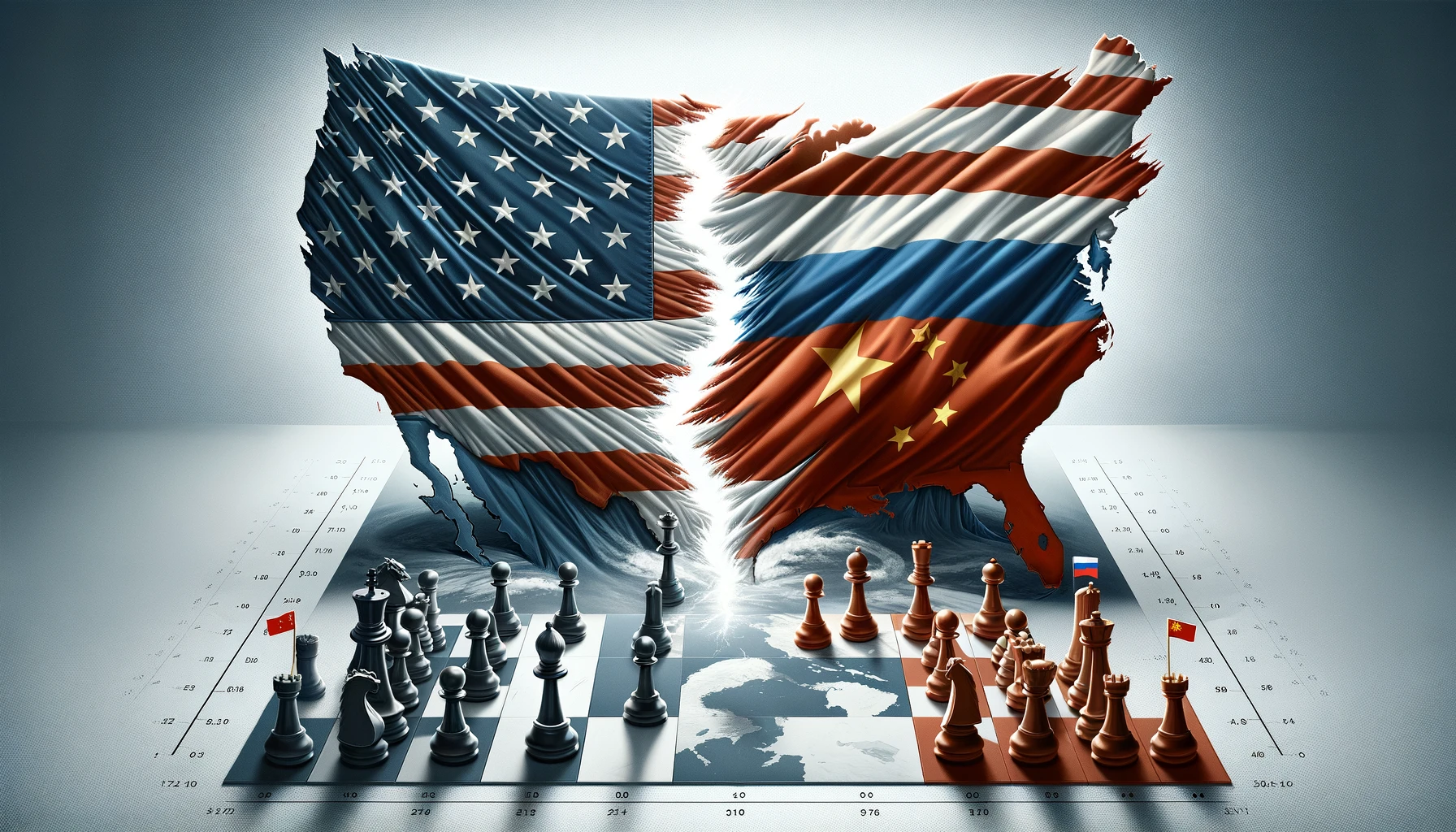
Balancing American Strategy In An Age Of Near-Peer Competition
Facing the escalating threat from China, it is crucial for the U.S. to reassess its

Facing the escalating threat from China, it is crucial for the U.S. to reassess its
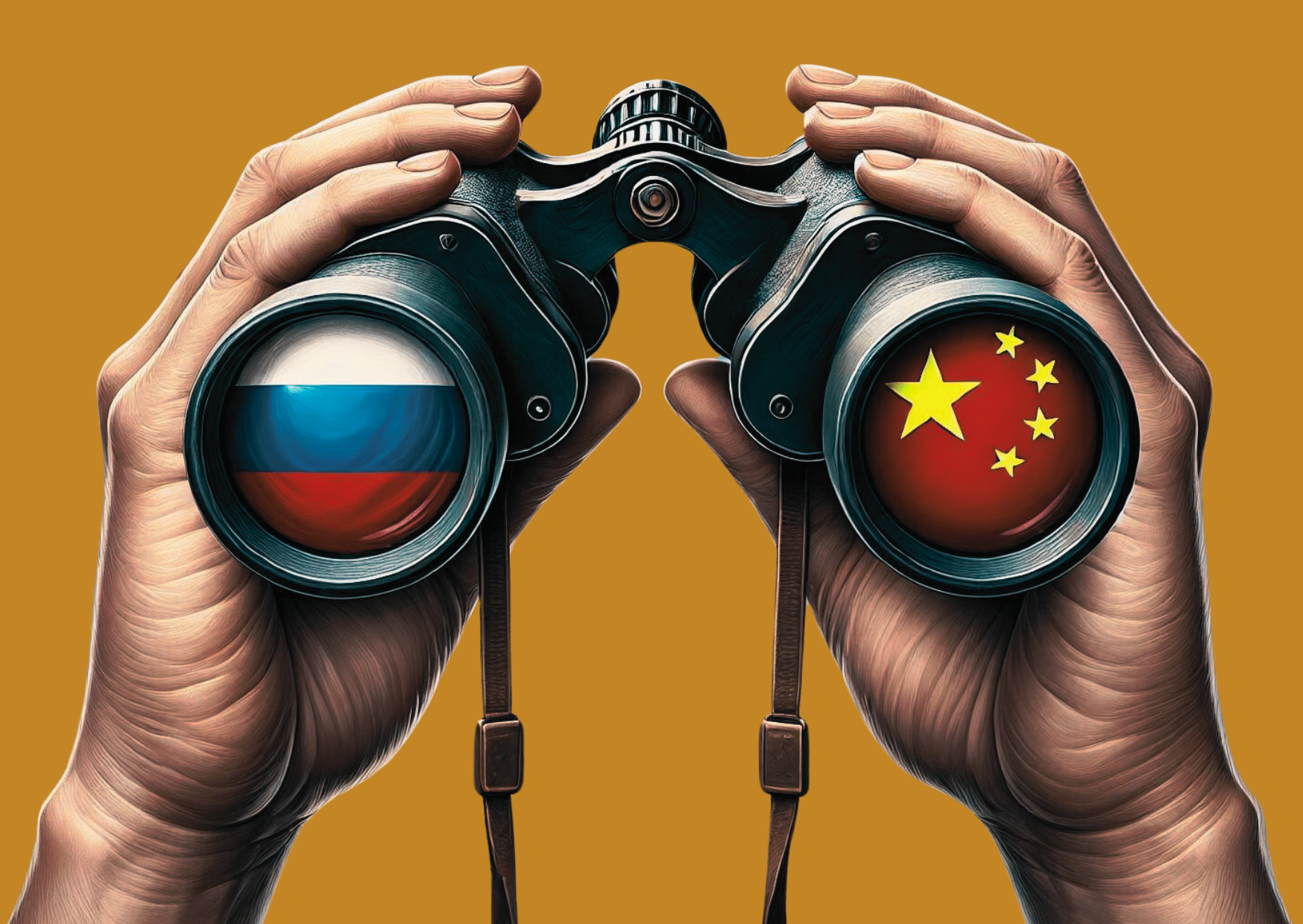
Russia-China alliance strengthens, challenging US dominance with economic cooperation.

Evolving American values have continuously shaped its foreign policy.

Putinism fuels centralized power, global tensions, and deeper isolation from the West.

AI’s influence on elections and global power calls for urgent action to protect democratic values.
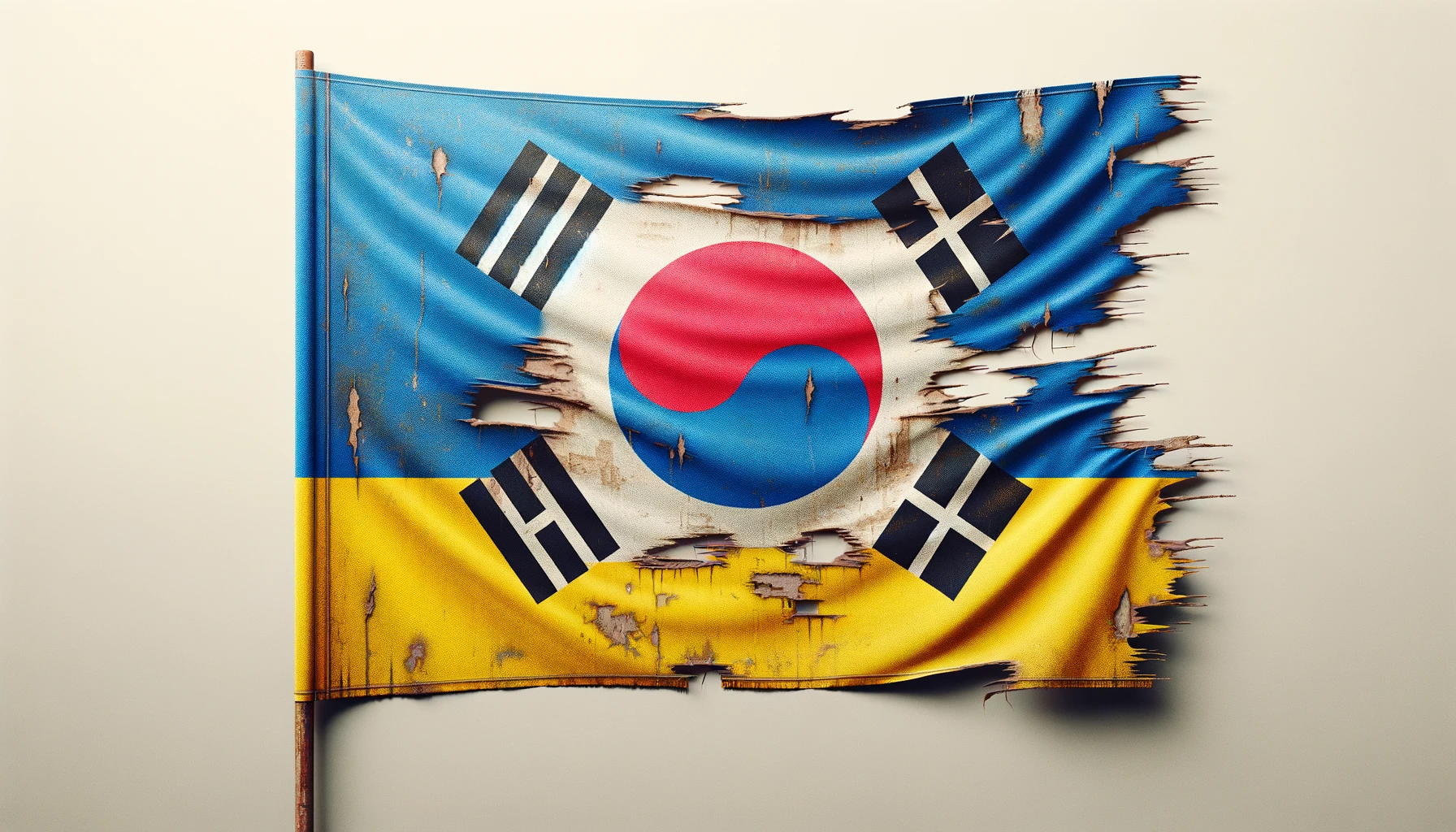
Historical conflicts’ impact on modern diplomacy.
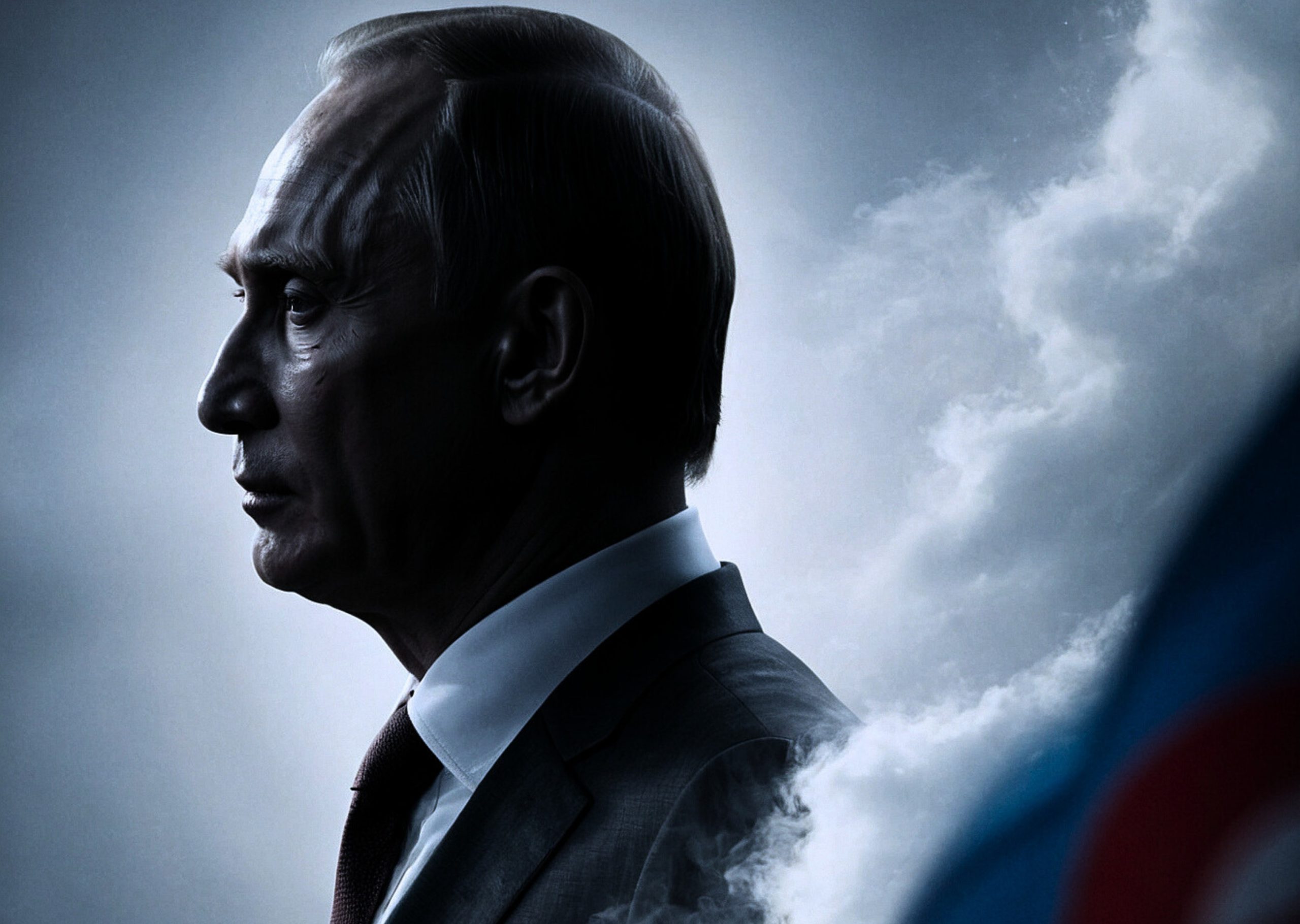
Putin’s ambition to restore Russia’s power reshapes global dynamics.

Trump’s second term could redefine alliances and disrupt global stability.
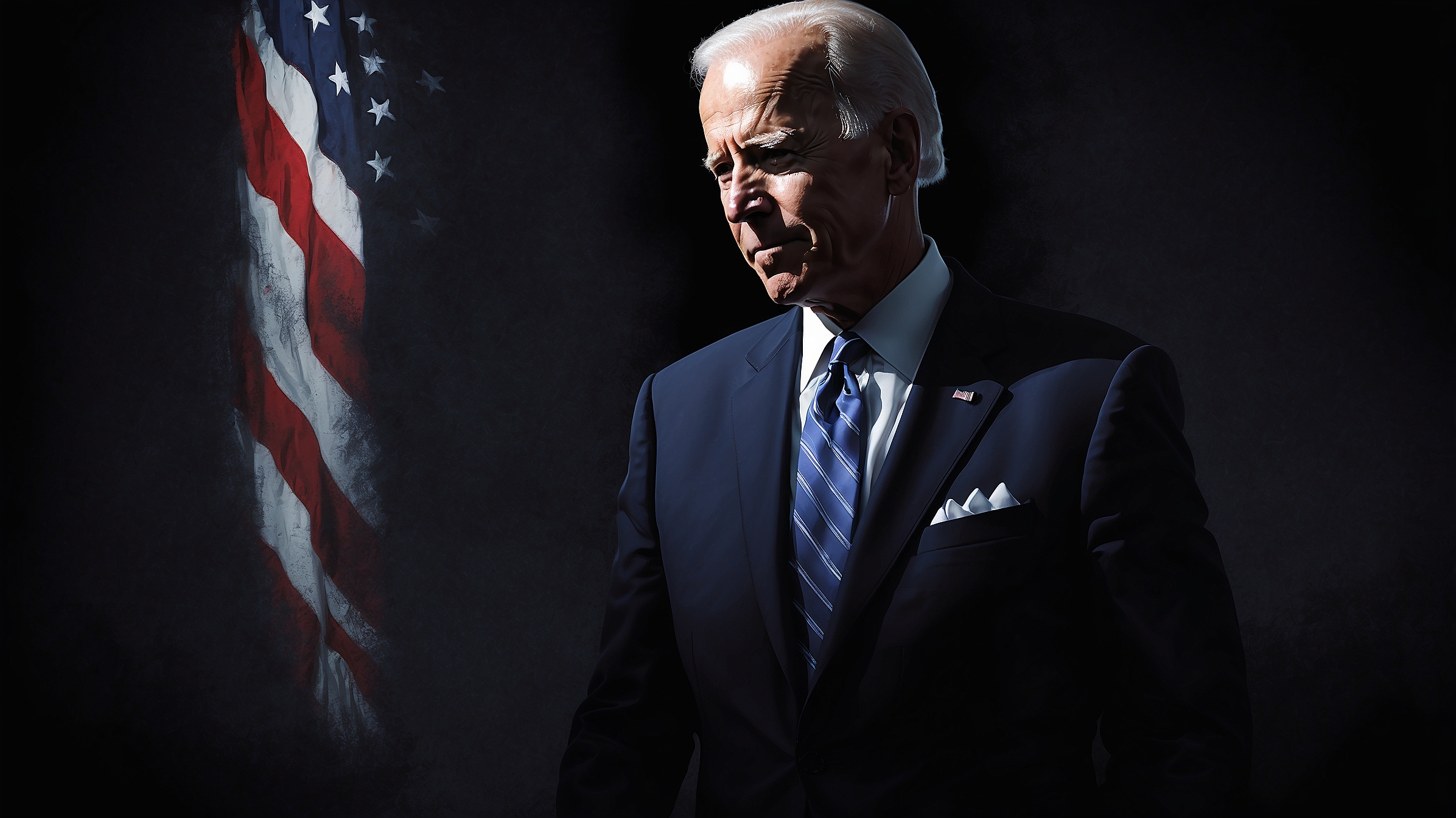
Biden navigated domestic achievements while grappling with foreign policy challenges.

The 2024 election is a critical turning point that will shape America’s global leadership.
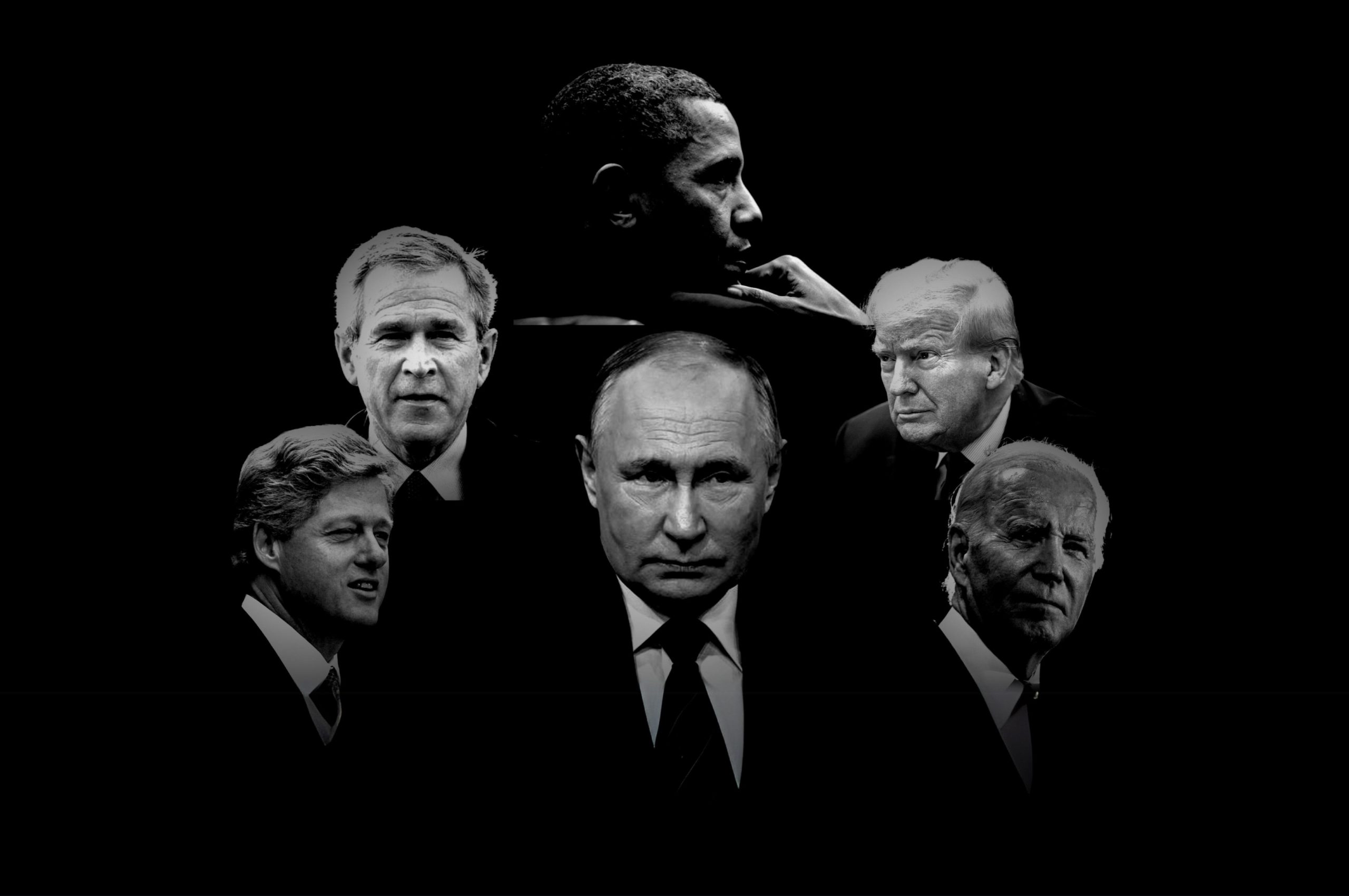
Putin’s relationships with US presidents focus on manipulation, strategy and geopolitical tensions.
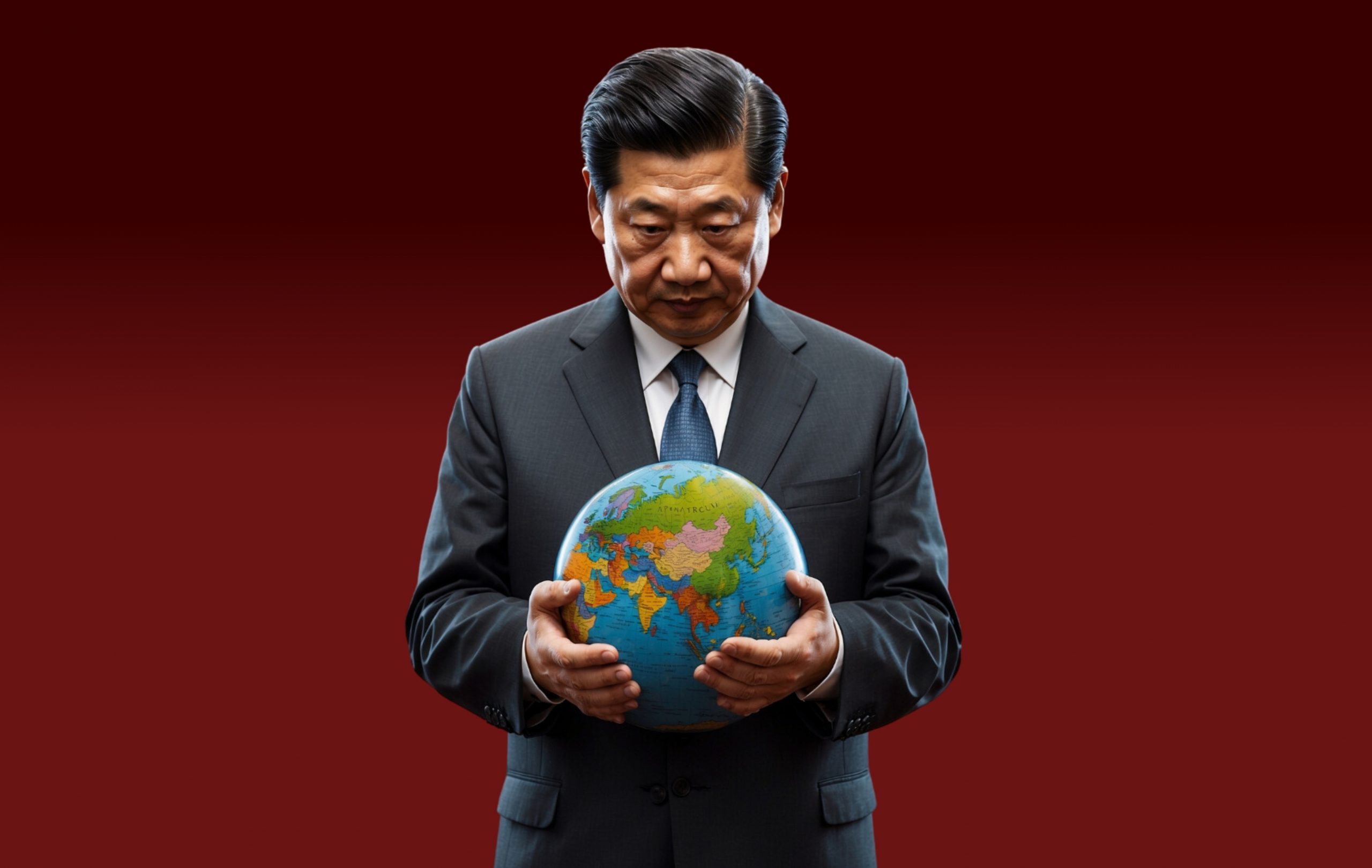
How is Xi Jinping’s China Dream transforming global power and order?
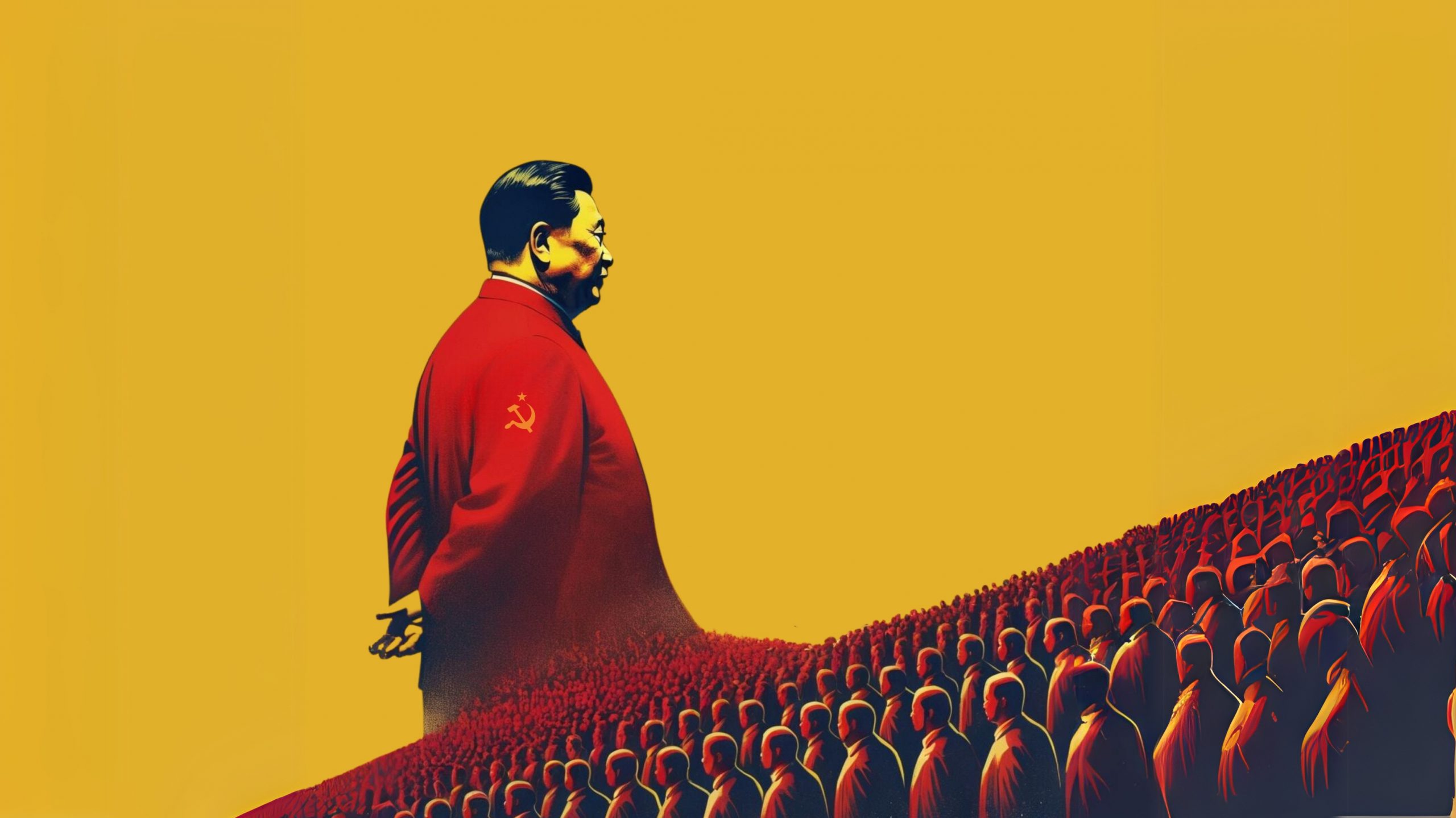
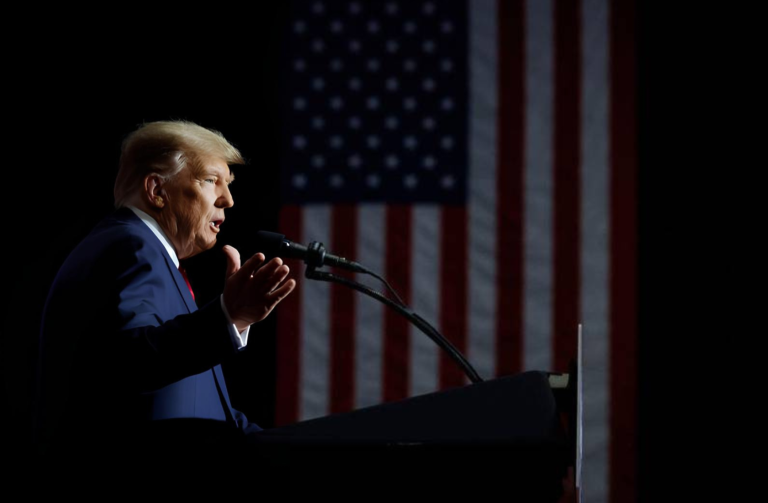
Here’s why Trump should not give up constructive engagement and inclusivity while pursuing peace through
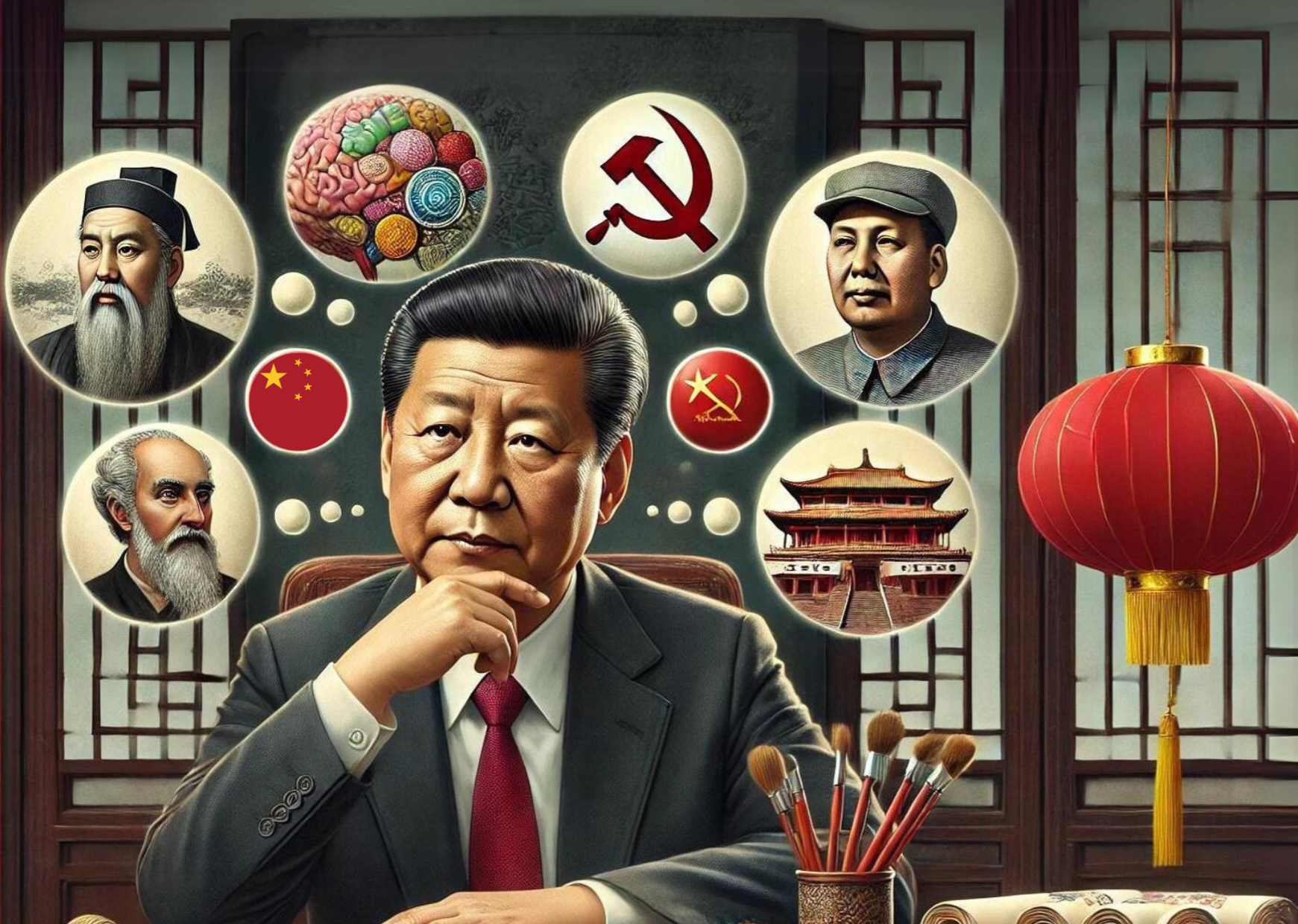
Xi Jinping guides China’s rise using traditional values and modern strategies.
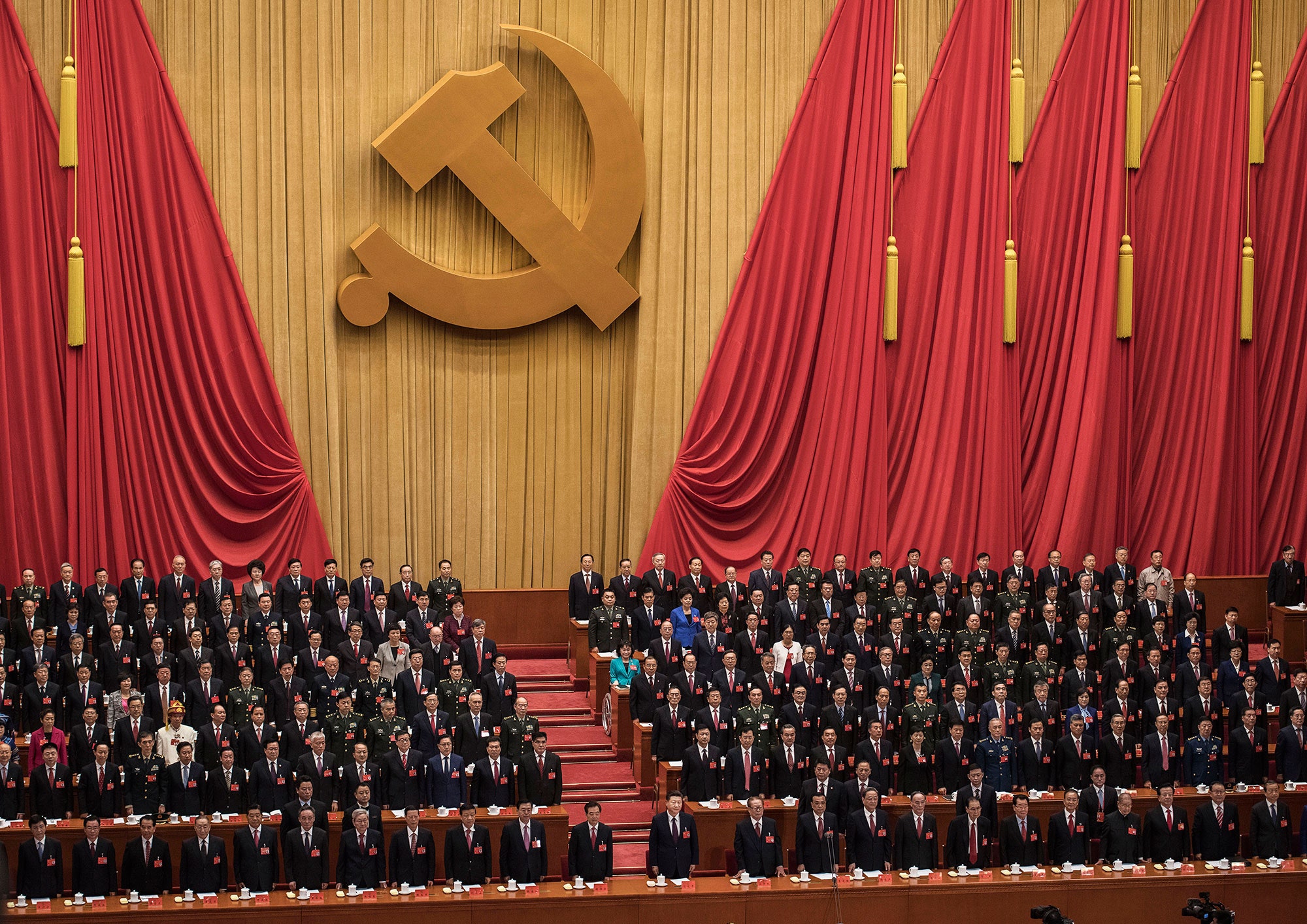
Xi Jinping reshapes the CCP with historical legacy, forging a nationalist vision to redefine its

American foreign policy cycles between predictability and unpredictability, challenging global trust and alliances.
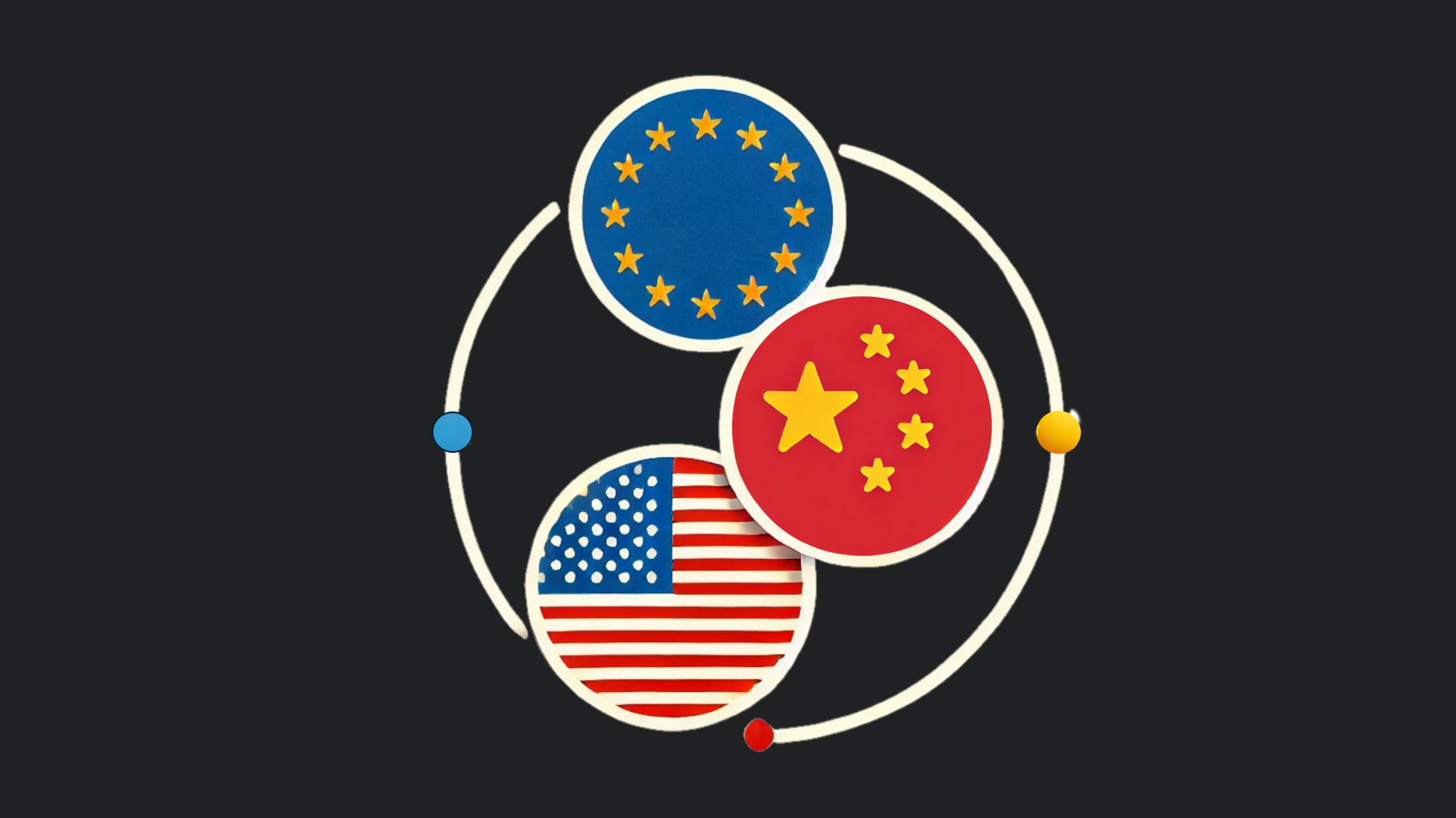
EU balances U.S.-China rivalry, seeking autonomy amidst shifting global dynamics.
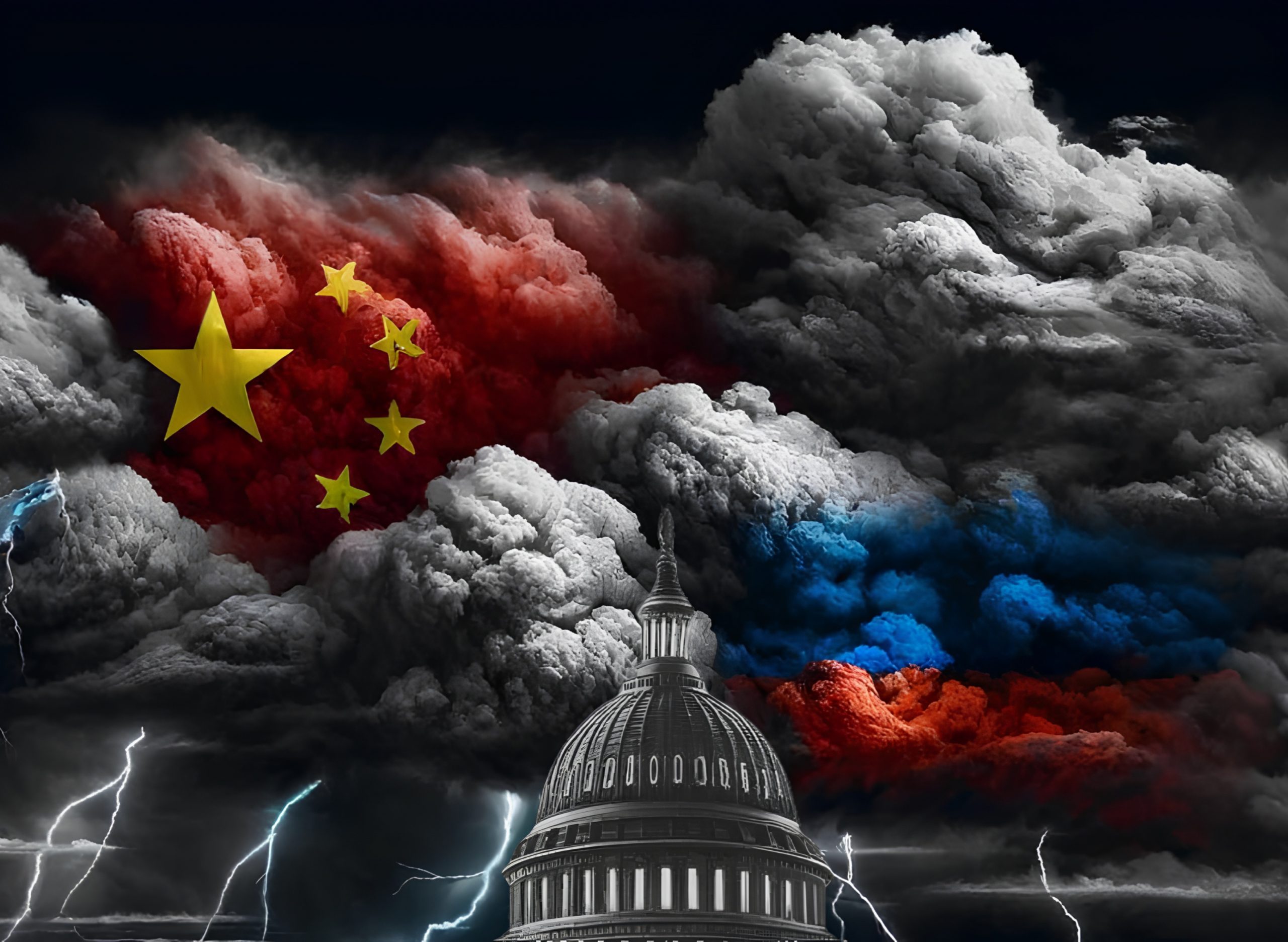
U.S. leadership must preserve its ideals, reshaping through collaboration and adaptability in a multipolar world.
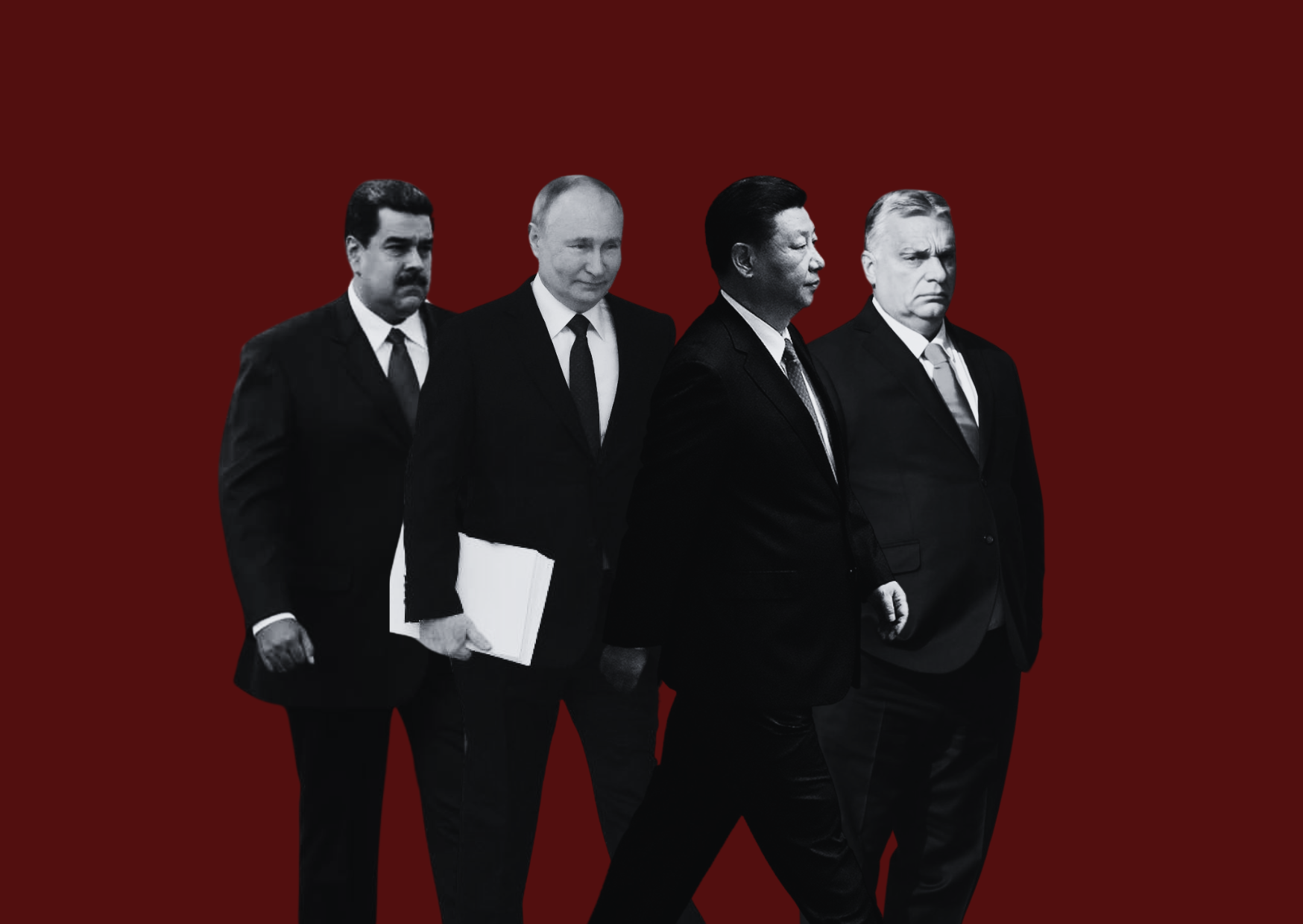
Tracing the paths of Xi Jinping, Vladimir Putin, Viktor Orban, and Nicolas Maduro, their strategic